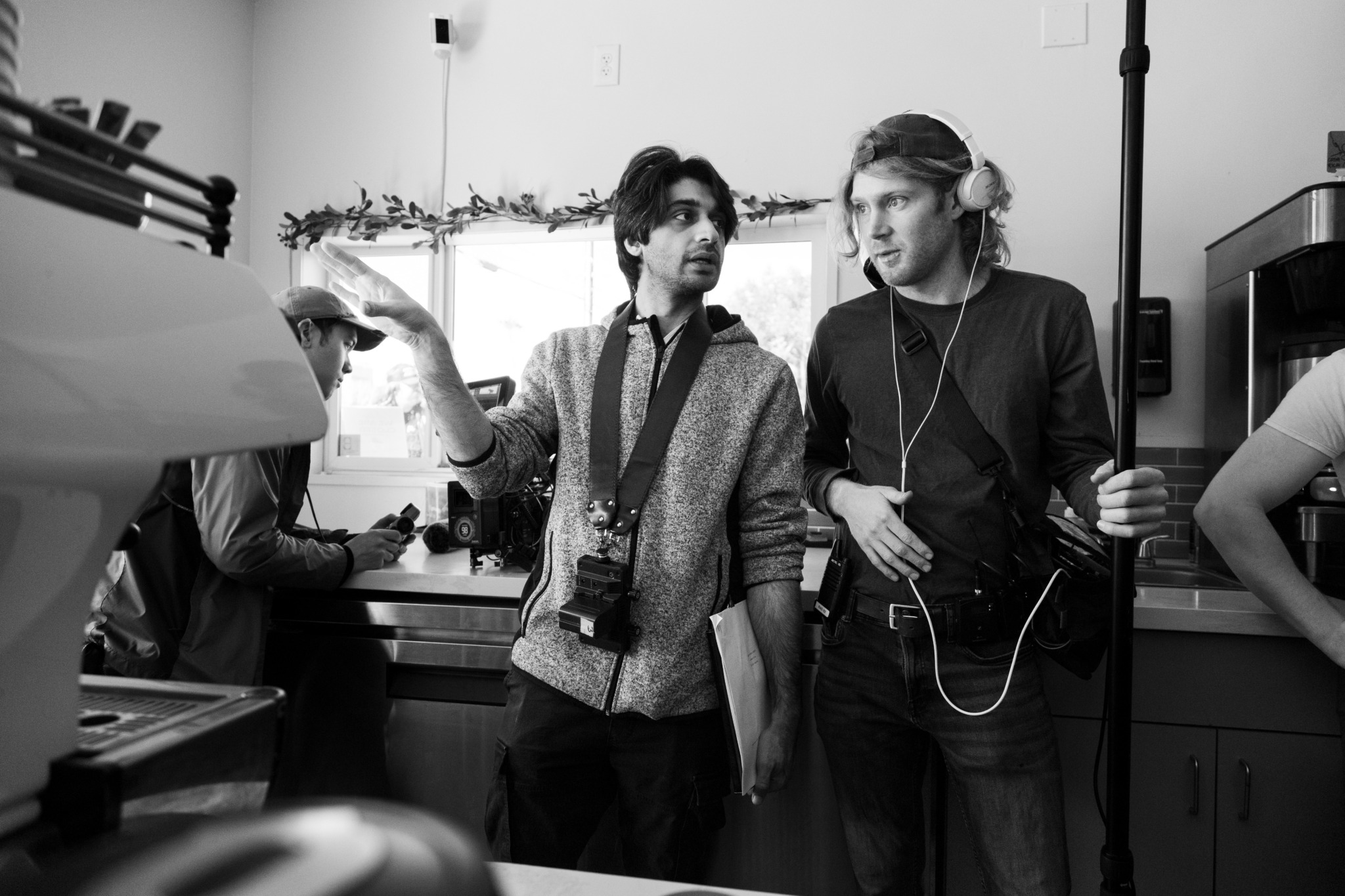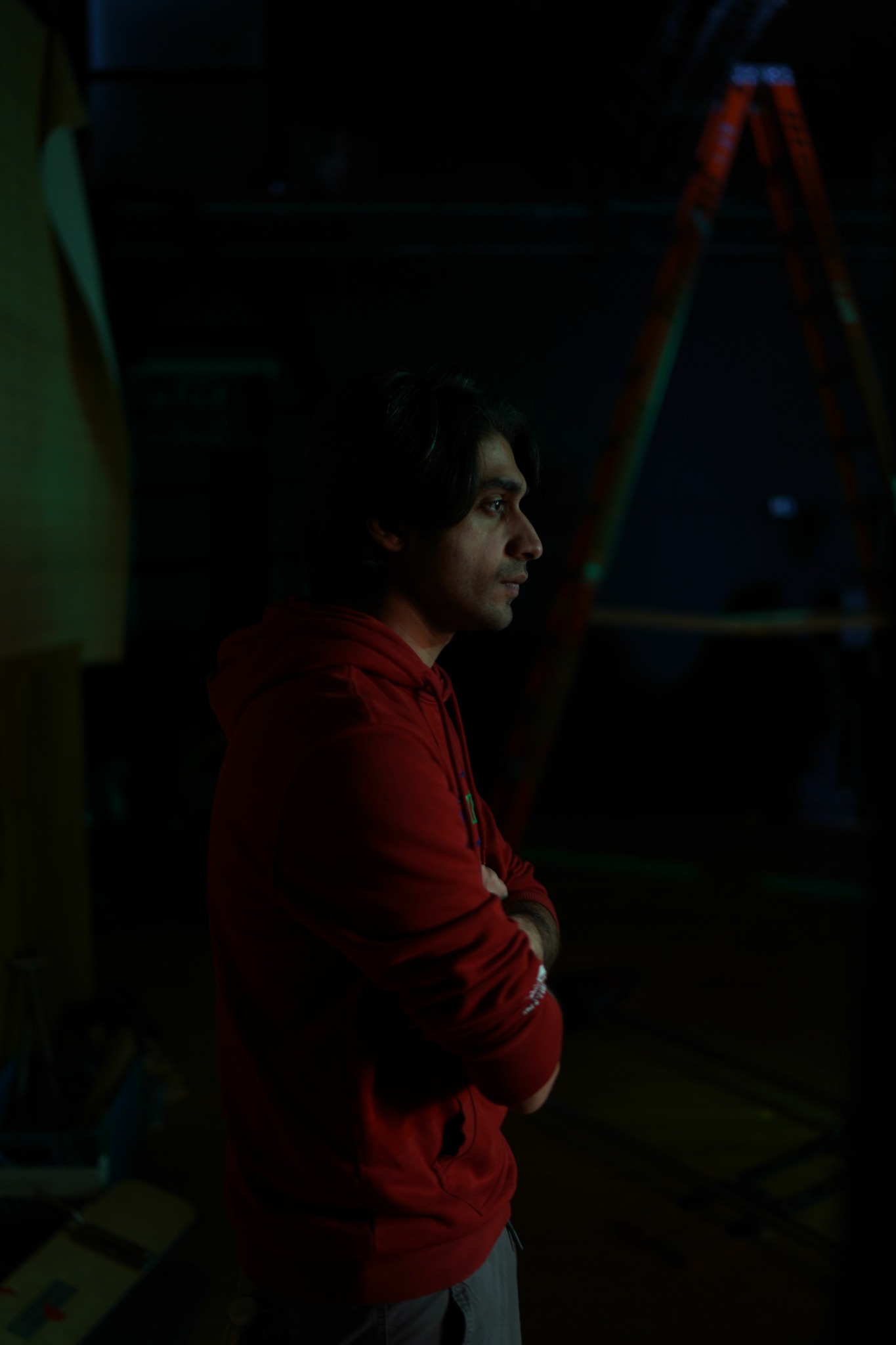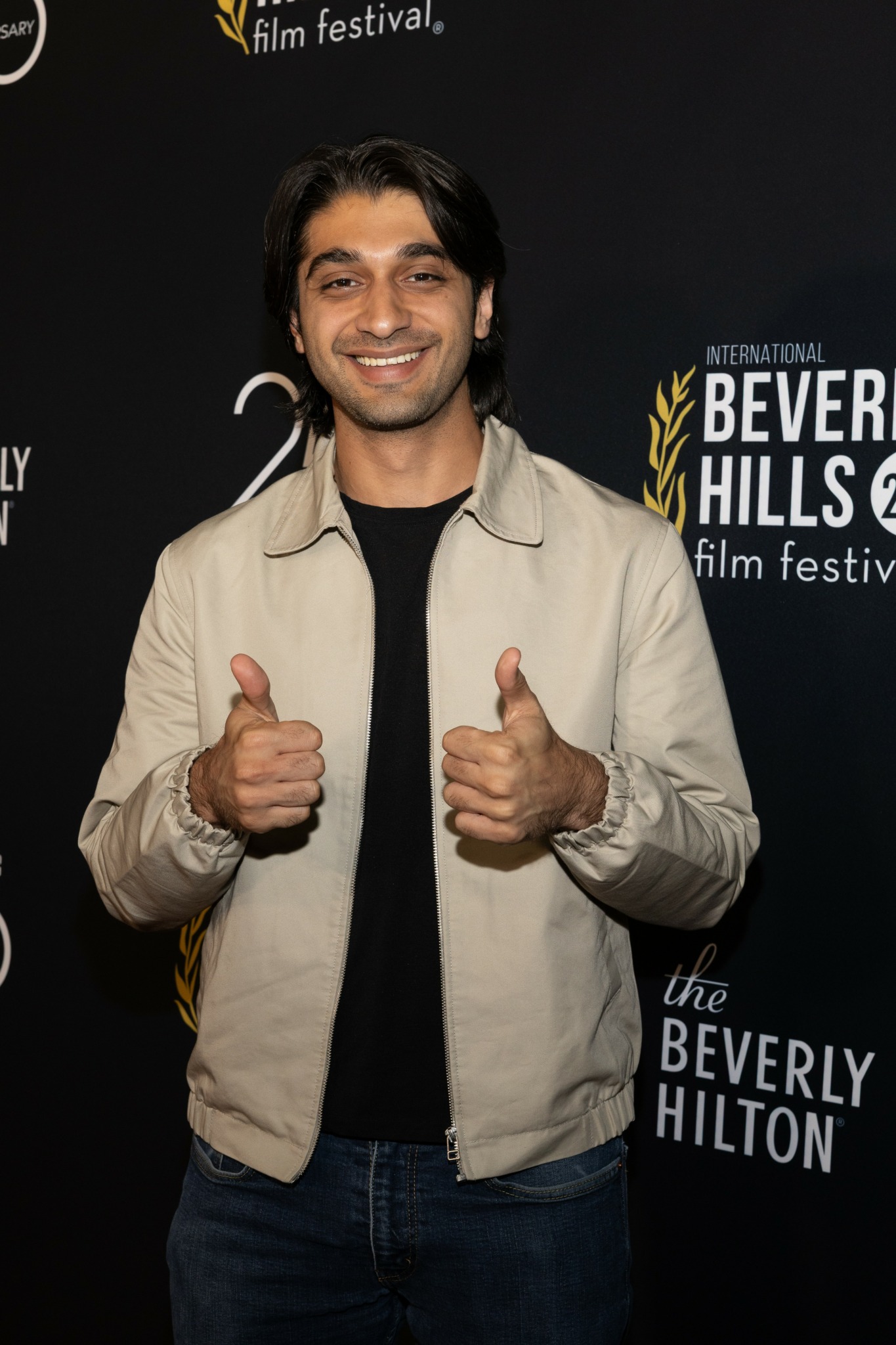Alright – so today we’ve got the honor of introducing you to Rohit Relan. We think you’ll enjoy our conversation, we’ve shared it below.
Rohit, looking forward to hearing all of your stories today. Can you open up about a risk you’ve taken – what it was like taking that risk, why you took the risk and how it turned out?
The biggest risk I have taken was moving countries and letting go of a stable, promising career back home in Mumbai, India. I was working on mainstream Bollywood projects, collaborating with some of the most prominent names in the industry. A successful career was already within reach, but I chose to immigrate to the United States instead.
I made that choice for one reason: creative freedom. I wanted the space to experiment, to tell stories that did not fit into the Indian mainstream, and the U.S. seemed more open to diverse and unconventional narratives.
Starting over was not easy. No one here fully understood the scale at which I had worked before. I had been part of major productions for India’s biggest studios, worked with the crew of Game of Thrones, and collaborated with actors like Irrfan Khan and Dimple Kapadia, but that context did not carry over.
So I surrendered to the process and began from the bottom. It has been difficult. But if given the chance, I would do it all over again.

As always, we appreciate you sharing your insights and we’ve got a few more questions for you, but before we get to all of that can you take a minute to introduce yourself and give our readers some of your back background and context?
I started out as a computer engineer and always wanted to be a video game developer. But over time, I realized it was the storytelling aspect, more than the programming, that truly excited me. That realization led me to filmmaking. I began learning every part of the craft and soon found myself directing all kinds of formats, including commercials, music videos, films, everything.
I have explored nearly every genre, but I keep gravitating toward stories where the protagonist is fighting for a speck of hope to carry on. Maybe that reflects the struggles I was going through at the time. But those were the kinds of narratives that attracted collaborators and slowly built an audience.
My work has screened at many notable festivals, including the Giffoni Film Festival, Dances With Films, Hawaii International Film Festival, Uppsala Short Film Festival, LA Shorts, and WorldFest Houston, to name a few. A few years ago, the idea that people would watch my films felt like a distant dream. But now, not only are they being seen, I am being invited into more collaborations.
I recently concluded a successful fundraising campaign on Seed and Spark as part of the AAPI rally organized by Gold House for my upcoming short film Bhool Chook (Errors and Omissions), which I plan to shoot next month. I was also selected for the Storylines Lab at Cine Qua Non Lab with my feature project The Obsessive Moth and the Fireball. These are achievements I am truly proud of, and I hope to keep adding to them.
I also feel incredibly blessed to have built a successful career in Los Angeles, especially as someone telling South Asian stories in a city where our perspectives remain deeply underrepresented. It is surprising how few people truly understand our culture, experiences, and narratives. Telling stories that speak to that always excites me.
I also like to think of myself as the Wolf from Pulp Fiction, the one who fixes things. I have a reputation as a problem solver who can step in at any stage of a project and get it back on track. My collaborators know they can rely on me.

What’s a lesson you had to unlearn and what’s the backstory?
I had to unlearn the belief that hard work alone is enough. For most of my life, I genuinely thought that if I stayed focused, put in the hours, and did good work, things would eventually fall into place. That belief gave me discipline, but over time, it also blinded me to the realities of the world I work in.
The truth is, hard work is only one part of the equation. Especially in creative fields like filmmaking, being seen matters. Visibility, access, and timing all shape outcomes. I had to come to terms with the fact that talent and effort do not automatically lead to opportunity. You have to be your own advocate. You have to share your process, stay in touch with people, and be open about your ambitions.
This was a difficult mindset shift. It meant stepping out of the comfort of just doing the work and learning to participate in the ecosystem around the work. It meant accepting that strategy, communication, and relationships are not distractions. They are part of the craft. Unlearning that old belief gave me more clarity, more control, and a deeper understanding of how to sustain a creative life.

What do you find most rewarding about being a creative?
For me, it is the ability to express things I would never say out loud. I get to vent, confess, and process thoughts I might otherwise feel ashamed or afraid to share in public. I wrap those feelings in my stories. I give them shape, distance, and meaning through characters, images, and moments. That process has been a gift.
I feel incredibly lucky that I can find release and closure through filmmaking. Many of the emotions I have struggled with, like confusion, loss, guilt, and longing, have made their way into my work. And by doing that, they have become easier to carry. That emotional transformation is the most personal and rewarding part of being a filmmaker.
Contact Info:
- Instagram: https://www.instagram.com/rohitrelan/



